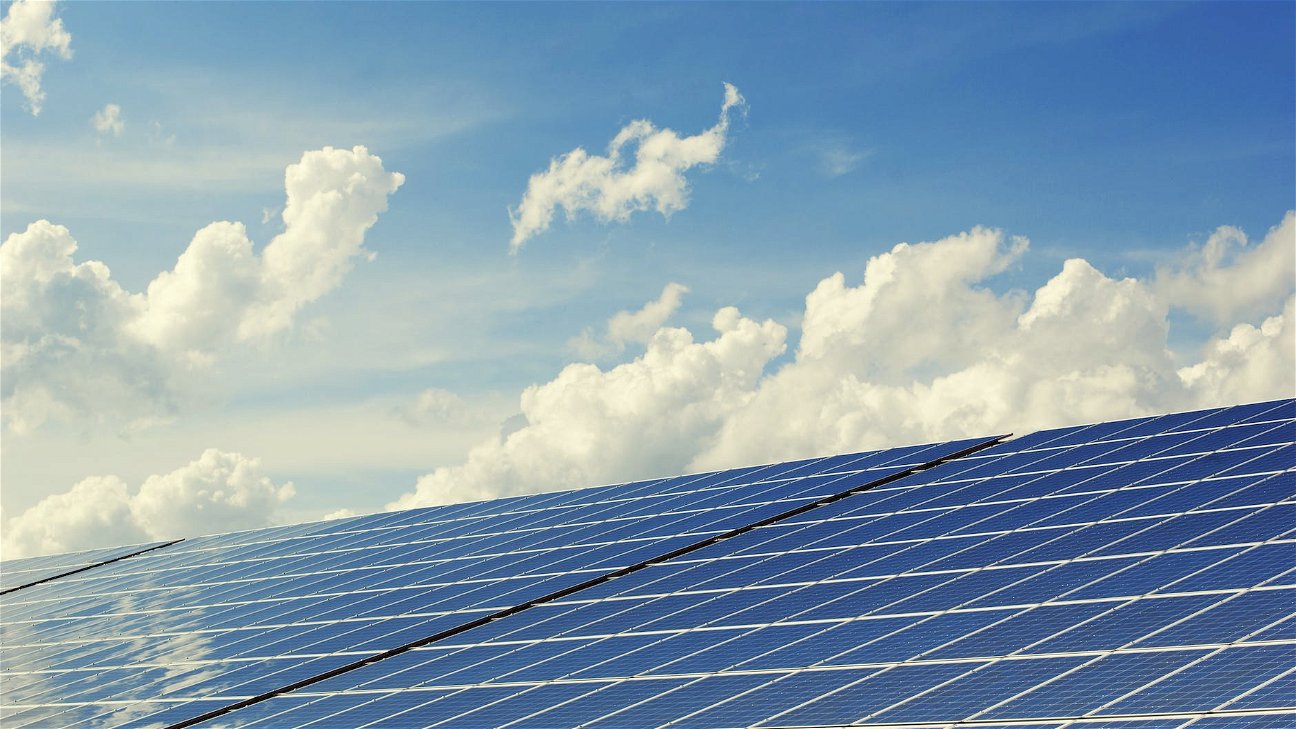
Nowadays, renewable energy is no longer a fringe interest. It's mainstream, and homes across the country are adopting renewable energy systems for a variety of reasons - to save on energy costs, reduce their carbon footprint, and contribute to a sustainable future. Let's take a look at the top 7 renewable energy options for homes, including their benefits, drawbacks, and more.
Solar Energy
Solar power is probably the most well-known type of renewable energy. Solar panels installed on rooftops convert sunlight into electricity. The upfront costs can be high, but the savings over time make it a cost-effective option for many homeowners.
Wind Energy
Wind turbines can also be installed on residential property, particularly in rural or semi-rural areas. While less common than solar power, wind energy is a viable option for homes in windy regions.
Geothermal Energy
Geothermal energy leverages the earth's consistent temperatures to heat and cool homes. While the installation costs can be significant, geothermal systems can lead to substantial savings in utility bills over time.
Hydropower
If a home is located near a water source, hydropower can be an excellent renewable energy option. Small-scale hydropower systems convert the energy of flowing or falling water into electricity.
Biomass Energy
Biomass energy involves using organic materials (like wood, crops, or yard waste) as fuel. While burning biomass does release carbon dioxide, it's considered carbon-neutral as the plants reabsorb CO2 when they grow.
Tidal Energy
Tidal energy systems aren't as common as the other options on our list, but they offer vast potential. Homes located near the ocean can harness the power of tidal movements to generate electricity.
Hydrogen Energy
Hydrogen is a clean fuel that, when consumed, only leaves behind water. Hydrogen fuel cells can provide power for your home, but they are currently expensive and more commonly used for commercial purposes.
Here's a quick comparison of these renewable energy options:
Choosing the right renewable energy option for your home depends on various factors. These include your location, the size and layout of your property, your energy needs, and of course, your budget. With the right system in place, you can enjoy a more sustainable and cost-effective home.











